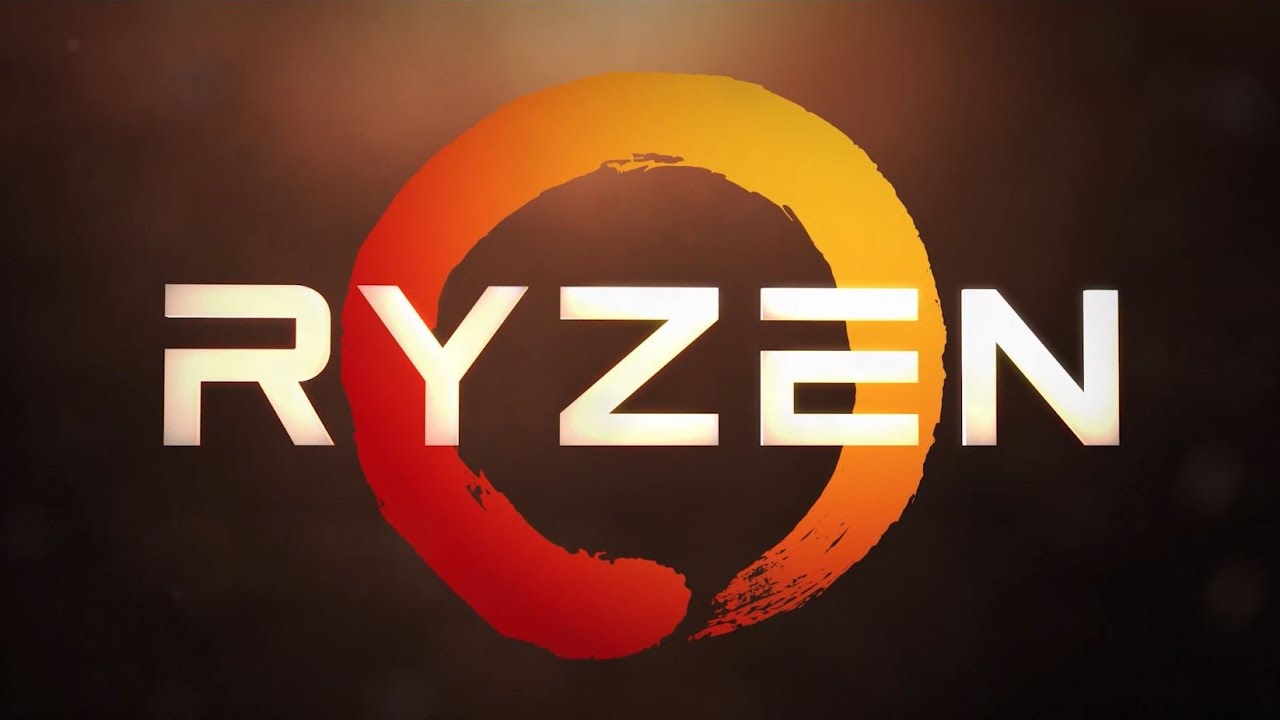The recent arrest of Telegram founder and CEO Pavel Durov in France has ignited a storm of controversy and concern within the tech community and beyond. Durov, a 39-year-old Franco-Russian billionaire, was detained at a Paris airport under allegations that his popular messaging app, Telegram, facilitates criminal activities, including money laundering and drug trafficking.
The arrest has been extended beyond the initial detention period, as ordered by an investigating magistrate. According to sources, Durov can be held for up to 96 hours before being charged or released, a situation that has drawn the attention of both French authorities and the Russian government.
The Allegations
Durov’s detention is part of a broader investigation by France’s OFMIN, an agency focused on combating violence against minors. The charges against Durov are serious, involving accusations of fraud, drug trafficking, cyberbullying, organized crime, and even the promotion of terrorism. Central to these allegations is the claim that Telegram, under Durov’s leadership, has failed to adequately moderate content on its platform, allowing criminal activities to proliferate.
The investigation is said to have been triggered by concerns over the app’s role in facilitating illegal activities, including the sale of drugs and the circulation of illicit content. Despite these accusations, Telegram has maintained that it adheres to EU laws, including the Digital Services Act, and that its moderation practices are in line with industry standards.
International Response
The arrest has not only captured media attention but has also sparked a diplomatic dispute between France and Russia. The Russian embassy in France has demanded consular access to Durov, emphasizing the need to ensure his rights are protected. The embassy has accused French authorities of avoiding engagement on the matter, further complicating the situation.
Russia’s involvement in the case has added a layer of complexity, as Durov’s dual Franco-Russian nationality places the incident at the intersection of international law and bilateral relations. The Russian state news agency TASS reported that Russian diplomats are in contact with Durov’s lawyer, signaling that the Kremlin is closely monitoring the situation.
The Political and Legal Implications
The arrest of a high-profile tech entrepreneur like Durov raises questions about the balance between regulation and innovation in the digital age. French President Emmanuel Macron has been quick to dismiss any notion of political motivation behind the arrest, stating that Durov’s detention is purely a matter of judicial inquiry. Macron reaffirmed France’s commitment to freedom of expression and the rule of law, emphasizing that the judiciary operates independently from political influence.
However, the case underscores the growing tension between tech platforms and governments worldwide. As messaging apps like Telegram continue to grow in popularity, they are increasingly being scrutinized for their role in enabling illegal activities. This scrutiny often leads to legal challenges that test the boundaries of free speech, privacy, and the responsibilities of tech companies.
What’s Next?
As Durov’s detention continues, the world is watching to see how this case will unfold. Will the French authorities bring charges against Durov, or will he be released without indictment? How will this situation affect Telegram’s operations and its user base, which numbers in the hundreds of millions?
For now, the outcome remains uncertain, but one thing is clear: the arrest of Pavel Durov marks a significant moment in the ongoing debate over the responsibilities of tech platforms in the modern world. The resolution of this case could set a precedent for how governments and tech companies interact, particularly concerning issues of moderation, privacy, and the rule of law.
This incident serves as a reminder that in the digital age, the lines between innovation, regulation, and individual rights are increasingly blurred, with the potential for far-reaching consequences on both a national and global scale.
![habitable_solution logo 2024 [t-w]](https://habitablesolution.com/wp-content/uploads/2025/02/habitable_solution-logo-2024-t-w.png)



